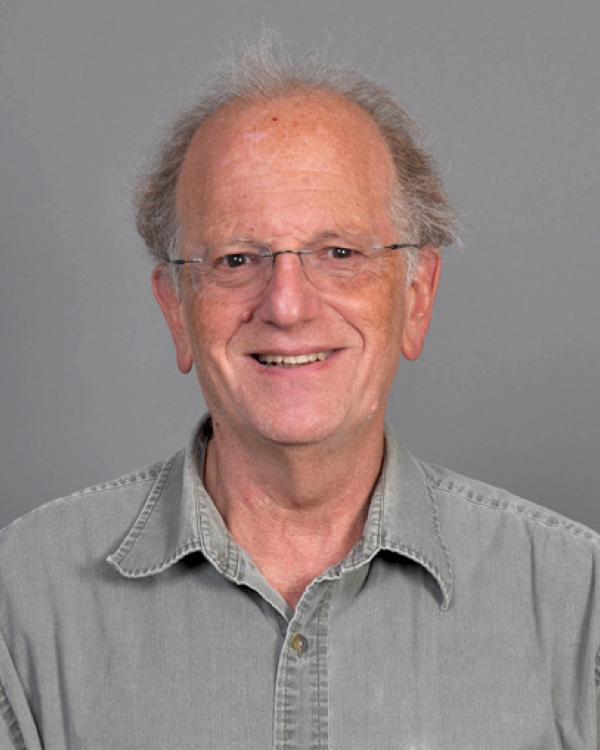
Charles Bazerman, distinguished professor of UC Santa Barbara’s Gevirtz School, has won the 2018 James R. Squire Award from the National Council of Teachers of English (NCTE).
This prestigious award ― which was first given in 1967 as the Executive Committee Award and renamed in 1999 to honor its first recipient, past Executive Director James R. Squire ― has only been bestowed twenty two times since its inception. As one of the Council’s most distinguished awards, the James R. Squire Award is given in recognition of outstanding service, not only to the stature and development of the Council and the discipline that it represents, but also to the profession of education as a whole, internationally as well as nationally. This special award is reserved for NCTE members who have had a transforming influence and made a lasting intellectual contribution to the profession.
NCTE will publicly announce Bazerman as a 2018 recipient of the James R. Squire Award at its Annual Convention in Houston. The award, including a special plaque and silver platter to commemorate this accomplishment, will be presented during the Awards Session on Saturday, November 17.
The National Council of Teachers of English is devoted to improving the teaching and learning of English and the language arts at all levels of education. Its mission statement was adopted in 1990: “The Council promotes the development of literacy, the use of language to construct personal and public worlds and to achieve full participation in society, through the learning and teaching of English and the related arts and sciences of language.” Through collaboration and community, shared stories and shared experiences, NCTE supports teachers and their students in classrooms, on college campuses, and in online learning environments. For more than 100 years, NCTE has worked with its members to offer journals, publications, and resources; to further the voice and expertise of educators as advocates for their students at the local and federal levels; and to share lesson ideas, research, and teaching strategies through its Annual Convention and other professional learning events.
Charles Bazerman is a Professor in the Department of Education. His commitment to literacy and the teaching of writing started almost fifty years ago when he was teaching first and third grade in inner-city Brooklyn. Then he saw concretely how learning to read and write changed the dispositions and bearing of individual children, made possible a successful relationship to schooling, and improved life chances. A few years later, when he began teaching at City University of New York during the early years of open admissions, he found professional satisfaction in helping students enter into the literate discussion of the university. His research and pedagogic interests started from the teaching of writing to encompass the ways we make use of reading in our writing and then the ways in which academic writing is organized around the literatures of the several disciplines.
His book Shaping Written Knowledge: The Genre and Activity of the Experimental Article in Science examines the history and current forms of scientific research writing. In The Languages of Edison’s Light he examines how technical discourses and projects intersect with many other discourses of civic, economic, and cultural life. His recent volumes A Rhetoric of Literate Action and A Theory of Literate Action put together his understanding of writing developed over many years. Other books and articles consider aspects of academic and professional writing, writing across the curriculum, the role of writing in social organization, the lifespan development of writing skills, and the relation between writing and cognitive development.
He has also written many textbooks for teaching university reading and writing and the relation between them. He has edited the Handbook of Research on Writing and numerous other research collections and series. He has been Chair of the Conference on College Composition and Communication and is founder and chair of the International Society for the Advancement of Writing Research.